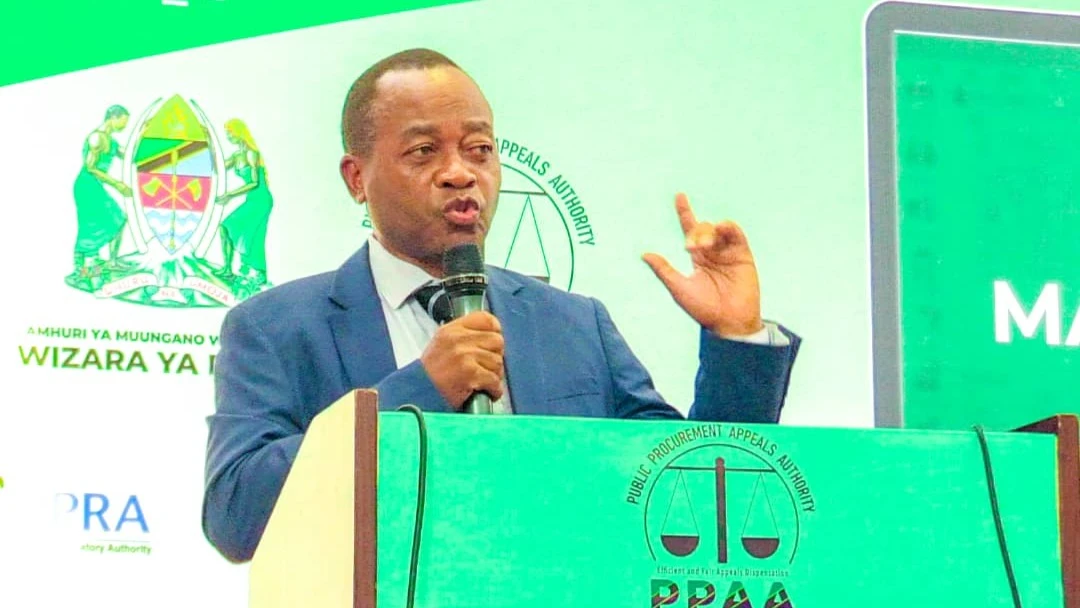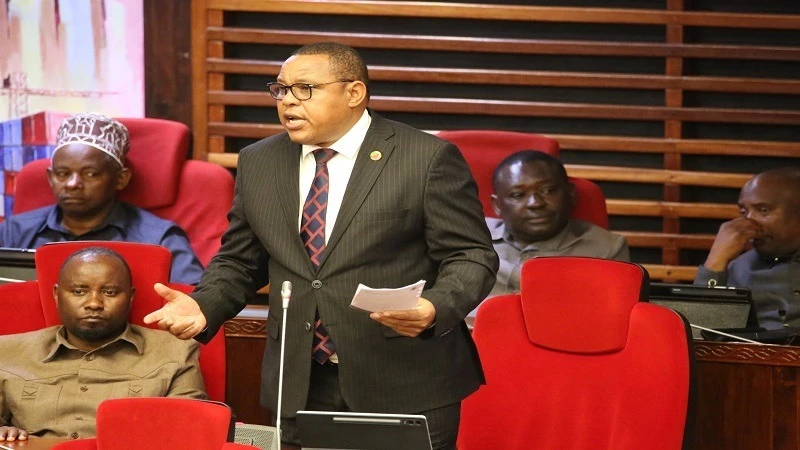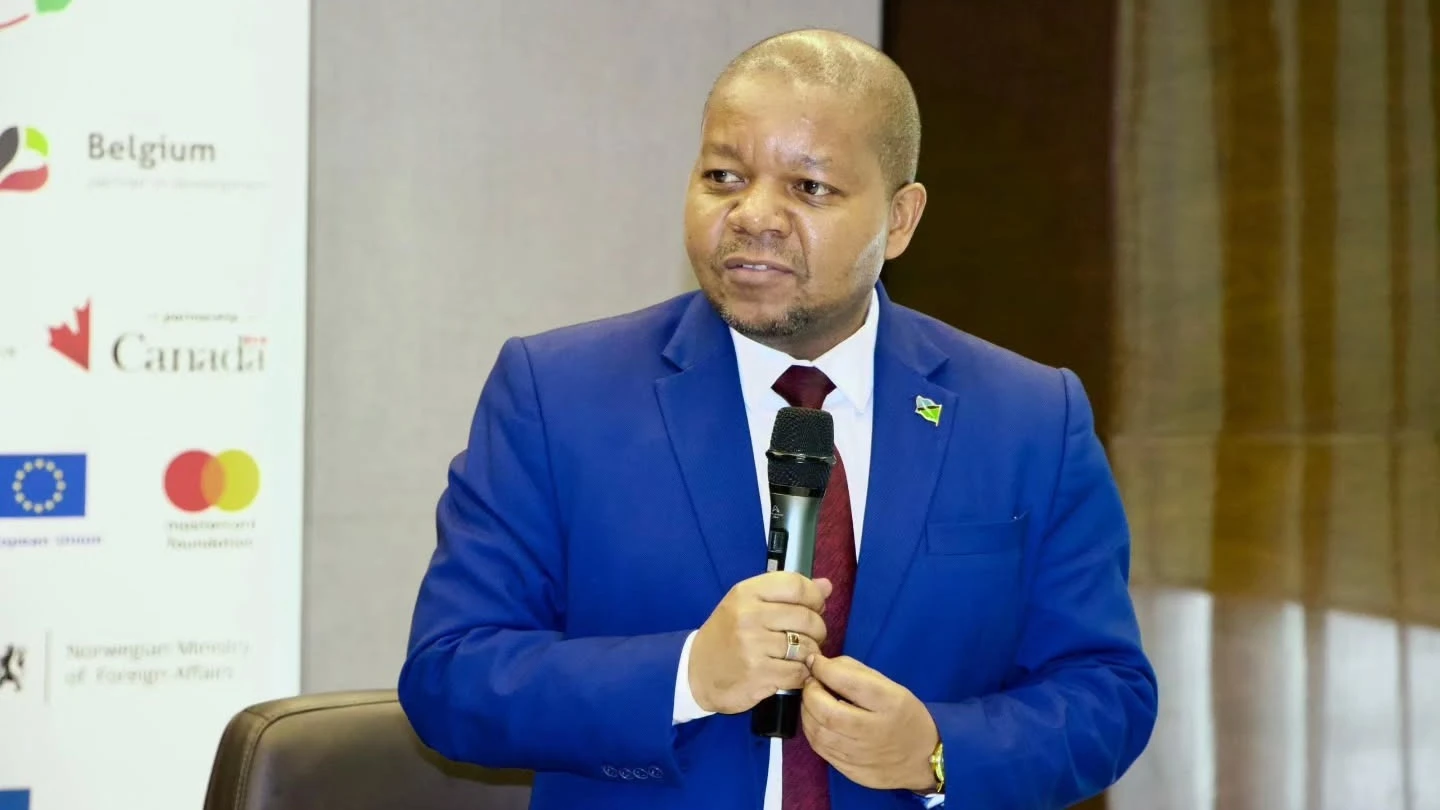De-dollarization policy ‘strains tour operators’

TOURISM industry players face financial strain due to the government’s de-dollarization policy, key stakeholders affirm.\
Wilbard Chambulo, the Tanzania Association of Tour Operators (TATO) chairman, said in an interview early this week that many of the association’s 300 members have problems arising from the impact of the de-dollarization policy.
The conversion process and uncertainty surrounding exchange rates create significant challenges for operators, especially as tour operators traditionally price their services in the US dollar, thus abandoning this peg complexity and financial inefficiency, he said.
He urged that tour operators need to pay entry fees in the various national parks in the global currency in order to streamline operations for international clients, insisting that this also boosts the country’s foreign reserves.
Elirehema Maturo, the TATO executive director, said that despite the challenges, tour operators need to remain patient as discussions with the government are ongoing to find a resolution.
Raising hopes that a consensus will soon be reached, he said that one potential solution is to establish a stable exchange rate for the Tanzanian shilling to avoid fluctuations and provide predictability for tour operators.
Acknowledging that the government’s goal in de-dollarization is to reduce dependency on foreign currency and enhance economic stability by strengthening the shilling, he said that for the tourism industry, the policy has created a challenging environment as businesses struggle to adapt to new currency use bottlenecks.
“If the policy remains in place, a fixed exchange rate for shilling-based transactions could help alleviate the financial burden on operators, allowing tour operators to plan and operate with greater confidence,” he said, underlining that operators incur significant losses as they struggle with fluctuating exchange rates.
The policy effected on July 1 imposed a nationwide ban on dollar transactions for services offered within the country, which the stakeholder says it has wrought unintended consequences for the tourism industry.
Many tour operators quietly endure financial difficulties rather than publicly faulting the policy, he said, recalling that as part of the de-dollarization rule, the Tanzania National Parks (TANAPA), Ngorongoro Conservation Area Authority (NCAA) the and Tanzania Wildlife Management Authority (TAWA) directed that all entry fees be paid in Tanzanian shillings, a departure from the industry’s long-standing use of the global currency for such transactions.
Nearly six months later, tour operators are registering their frustration, arguing that the new rules push them to absorb higher costs as commercial banks offer less favourable exchange rates than the fixed rates set by the tourism sector regulatory agencies.
The dollar conversion rate dropped to 2,360/- as of December 12 but tour operators are still required to pay entry fees based on 2,609/- exchange rate for the dollar, a discrepancy of 249/- on each dollar transacted, thus leading to significant losses for operators.
"These discrepancies are draining our resources," one operator stated, while TANAPA manager Juliet Lyimo said the conservator is merely an agent of the Tanzania Revenue Authority (TRA) and does not set applicable exchange rates. The rates are dictated by the TRA in accordance with government policy, he added.
Top Headlines
© 2025 IPPMEDIA.COM. ALL RIGHTS RESERVED






















